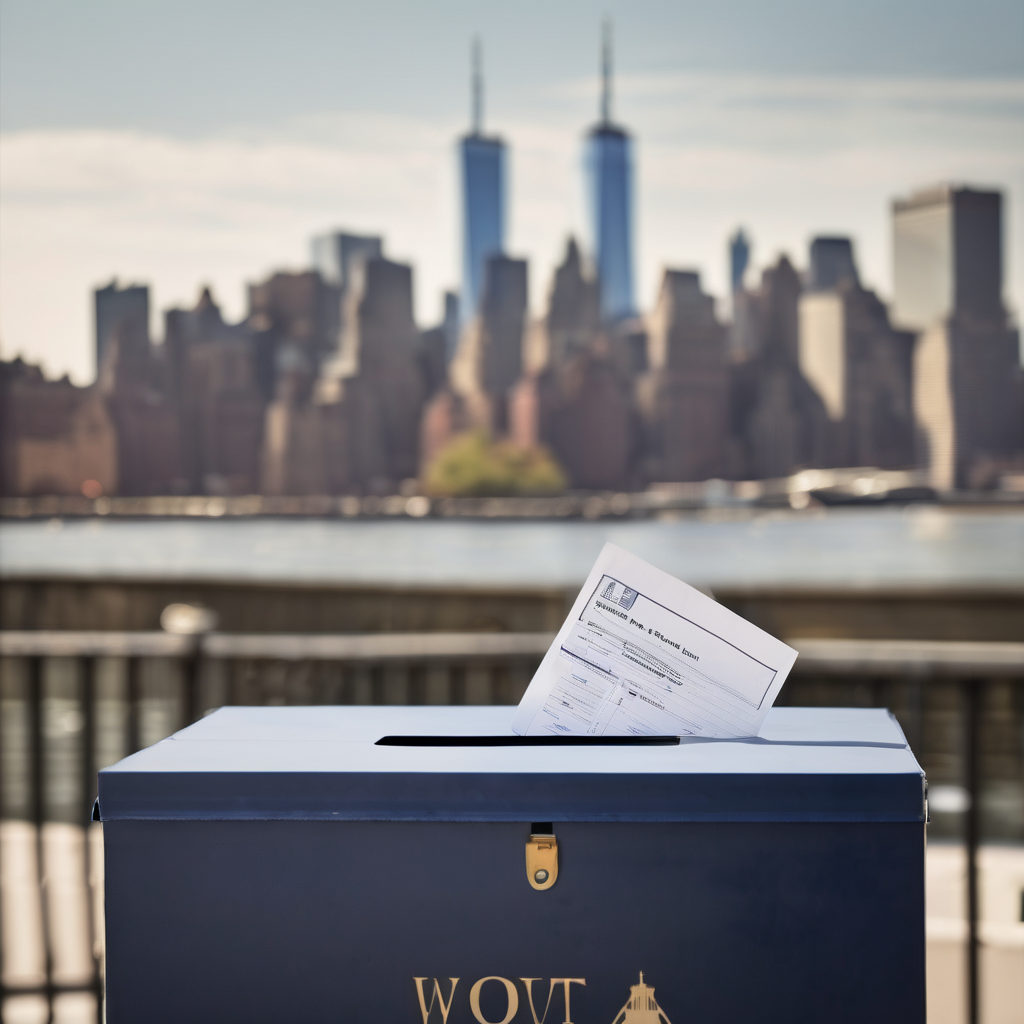The political landscape in New York City is heating up as Zohran Mamdani, a socialist candidate for mayor, gains traction with the support of controversial activist Linda Sarsour. Described by critics as an antisemitic figure, Sarsour has been a longstanding political mentor to Mamdani, guiding him in his left-leaning ideologies over nearly a decade.
Sarsour’s influence is highlighted in a recent intelligence report, which implies a troubling connection between Mamdani and extremist figures, including Brooklyn Imam Siraj Wahhaj, known for his controversial past. The report claims that Mamdani’s alignment with Sarsour positions him within a larger network of Islamists and extremist organizations, raising concerns about the potential implications for policy within New York City if he were to be elected.
Observers note that Mamdani was relatively unknown in political circles until he joined Sarsour’s Muslim Democratic Club of New York in 2017. The two have collaborated closely, including during Mamdani’s successful run for the New York State Assembly in 2020, which Sarsour helped facilitate. Following his primary victory, Sarsour expressed her deep emotional investment in Mamdani’s political ambitions, declaring him “very dear to my heart.”
Critics, including Sara Forman of the pro-Israel New York Solidarity Network, have voiced concerns that Mamdani espouses rhetoric that has been normalized through Sarsour’s influence, stating, “Zohran Mamdani’s brand of socialism is intertwined with, and indistinguishable from, Linda’s.” Forman suggests that under Mamdani’s candidacy, the normalization of anti-Israel sentiment in public discourse could become even more pronounced.
Political analysts assert that Sarsour’s established role within the potential Mamdani administration could facilitate policies hostile to Jewish Americans, casting doubt on the future dynamics between New York City governance and the Jewish community. Longtime Democratic consultant Hank Sheinkopf emphasized that Sarsour will likely continue to have significant access to City Hall if Mamdani wins the mayoralty.
Sarsour has a history of provocative comments targeting Israel, including statements made in 2018 that dismissed the humanity of Israelis, indicating a longstanding animosity towards the Israeli state. This contentious view has led to widespread scrutiny of both her and Mamdani as they navigate their political ambitions.
The dynamics of this campaign highlight a critical moment in New York City’s political narrative, where the influence of figures like Sarsour could reshape public discourse on sensitive issues, particularly regarding Israel and Jewish communities. As election day approaches, voters may grapple with what Mamdani’s rise could mean for the future of New York City.
